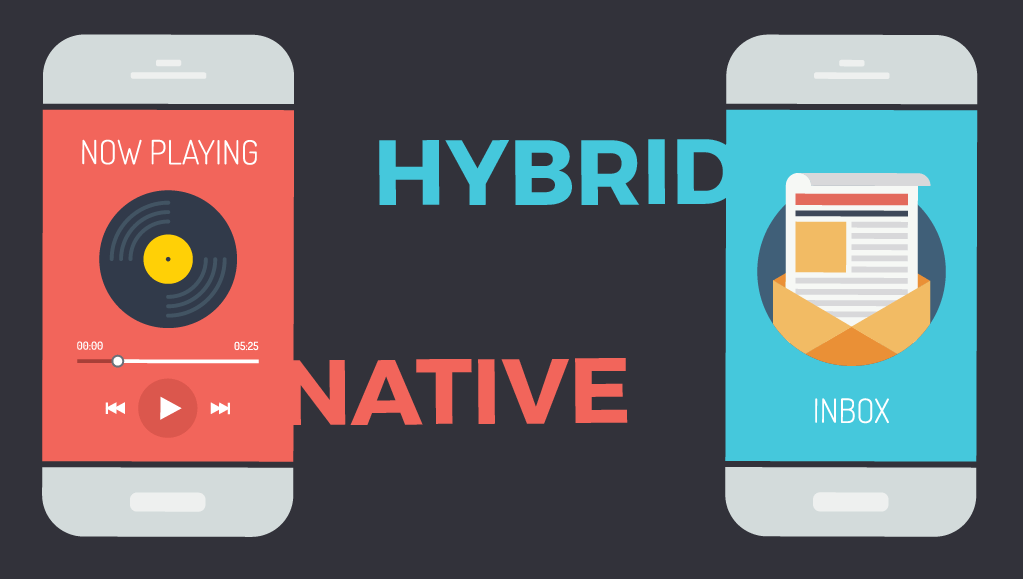
When you want to create a new product for mobile devices, you need to choose between a native, a web or a hybrid application. To make the right choice you should know the pros and cons of each option before making a decision with your mobile application development company. There are three main factors to consider:
- Your budget and time-scale
- The quality of the user experience
- The complexity of the functionality
Native Apps
Native apps are developed specifically for a mobile operating system, Android uses Objective-C or SWIFT for iOS and Java. They can interact with and take advantage of operating system features, including the camera, microphone, compass, accelerometer, GPS and the list of contacts. Native apps can also incorporate gestures, have the ability to work offline and use of the device’s notification system.
Native apps offer the fastest and most reliable experience to users. However, you will need a higher budget is needed to build across multiple platforms and keep native apps updated.
Web Apps
Web apps are not real applications; they are really websites that have more interaction so it feels like an app on mobile devices. They run in different browsers, like Safari and Chrome; they are typically written in a combination of HTML5 and Javascript.
Developing a web app can be simple and quick. It is the best and most inexpensive option for applications that require minimal native gestures and don’t require access to operating system features. However, they are slower and less intuitive and cannot be distributed through native app stores like the App Store or Google Play.
Another disadvantage is that you won’t have the app’s icon on the user’s home screen as a constant reminder that that they have the app and you can’t send the user notifications to remind them of your product.
Hybrid Apps
Hybrid apps combine elements of both native and web applications. Like native apps, they can be distributed in an app store and can take advantage of the operating system features, they also have similarities in their look and feel. They are similar to web apps because they use cross-compatible web technologies.
One of the advantages of building a hybrid app is that it’s faster and easier to develop than a native app and it is also easier to maintain. However, a hybrid application depends on the browser speed, it’s key to note that it will never be as fast as a native app.
Although this is a less expensive option in the native development, deciding whether to build a hybrid app or not is dependent on the type of project. If applications require a complex level of features and design, a hybrid app will not offer a good user experience as a native app would.
Which one should I get?
As mentioned, in order to make the right choice you should know the pros and cons of each option, consider the different factors related to your project and know your users needs.
In the table below, you will find the main advantages and disadvantages of each type of application.
Slide table
| Native Apps | Web Apps | Hybrid Apps | |
| Advantages | – Best user experience
– Easy to discover in app stores – Can access to device features and notifications – Best security – Work offline |
– Most inexpensive option
– Simple and quick development – Work on all the available devices – Easy to maintain |
– Faster to develop than native apps
– Easy to maintain in multiple platforms – Can access to device features and notifications |
| Disadvantages | – Higher budget is needed
– Complex maintenance and development. |
– Slower and less intuitive
– Can’t access to device features and notifications |
– Can’t be use for complex app requirements
– Depend on the browser speed – Can’t work offline |
To summarize, native, web and hybrid apps are great options to create mobile solutions. Each type of application have their strengths and weaknesses, the final choice will depend entirely on each project’s unique needs and priorities.
Want to see more? View some of our app development work here.

